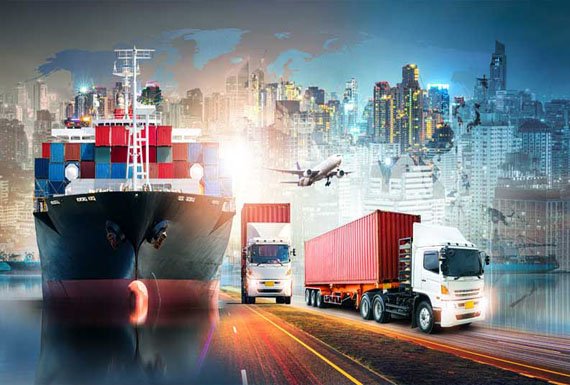Focusing on specific players within the global agroworld trading system, let's explore the role and impact of global networks in Agroworld
Role of Agroworld:
Market Access: Trading companies connect producers in developing countries with consumers worldwide, expanding market access and potentially improving farmer income.
Logistics Expertise: They possess extensive logistics networks and expertise, facilitating the efficient and cost-effective transportation of agricultural commodities across borders.
Financial Services: Trading companies provide financing and risk management solutions to farmers and traders, mitigating financial risks associated with global trade.
Market Information: They gather and analyze market data, providing valuable information to farmers and traders about prices, production trends, and market opportunities.
Impact on Global Networks:
Increased Market Efficiency: Trading companies improve trade efficiency by consolidating demand and supply, reducing transaction costs, and streamlining logistics.
Price Volatility: Their dominant market share allows them to influence prices and can lead to volatility in certain agricultural commodities.
Concerns about Market Dominance: The concentration of power in the hands of a few large trading companies raises concerns about market manipulation and unfair trade practices.
Global Network Strategies:
Vertical Integration: Trading companies increasingly integrate vertically, controlling various stages of the supply chain, from production to processing and distribution.
Strategic Partnerships: They form strategic partnerships with local businesses and farmers' organizations to enhance market access and influence.
Investment in Emerging Markets: Trading companies are actively investing in agricultural production and infrastructure in emerging markets to secure access to raw materials and expand their market share.


.png)
